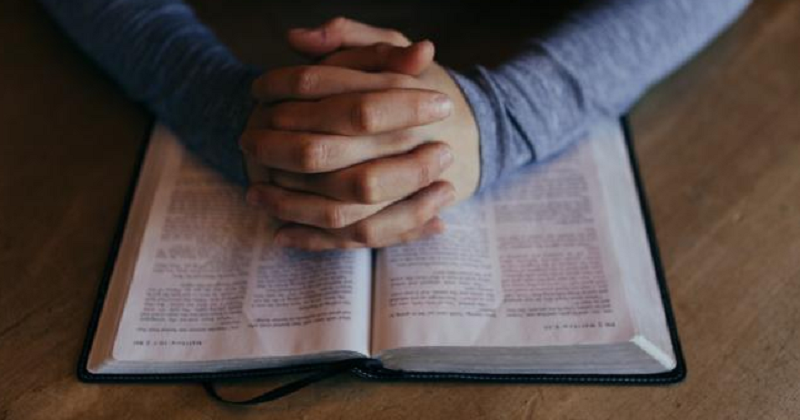
Belief In God Increases By Imagining ‘What Might Have Been’
A person faith in god increases when he or she thinks of “what might have been” if an important occasion or event turned out bad, says a study.
“I became intrigued by the question of how people perceive God as an active, trustworthy and giving influence in their everyday lives,” said lead study author Anneke Buffone from the University of Pennsylvania in the US.
“Why is it that the vast majority of Americans and many people across the globe, perceive a divine or spiritual influence in their lives, even in modern world where many mysteries of the past have been scientifically explained,” Buffone added in the paper published in the journal of Social Psychological and Personality Science.

To examine these a team focused on counter-factual thinking. The researchers explored on counter-factual thinking how life would be worse if an important life event had not occurred. In their 1st study 280 undergraduates wrote an essay describing any positive or negative life event from their past which is very important to them.
In this the participants answered a series of questions related to strength of religious beliefs which also includes about their faith, behaviour and their beliefs on God.
Finally the result suggested the counter-factual believers to believe that the event did not occur by chance but that happens for a source finally this turns them to increased religious faith. The authors found effect to be strongest when people think the downward counter-factual way that is when the participants start thinking how life would be worse if the event does not occur.
The same team conducted another study with 99 non-college participants with same pattern of questionnaire and are set to answer similar essay with these participants. The result is quite opposite with the first study. “From a scientific standpoint this work helps explain how religious conviction can prevail despite a lack of concrete, physical evidence for religious claims.”